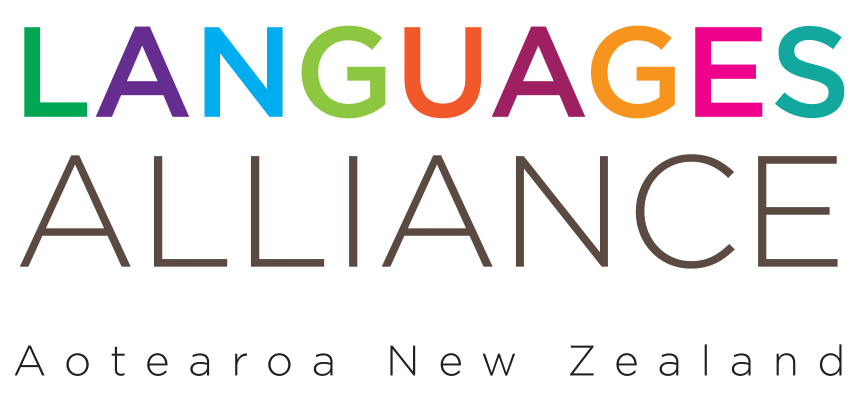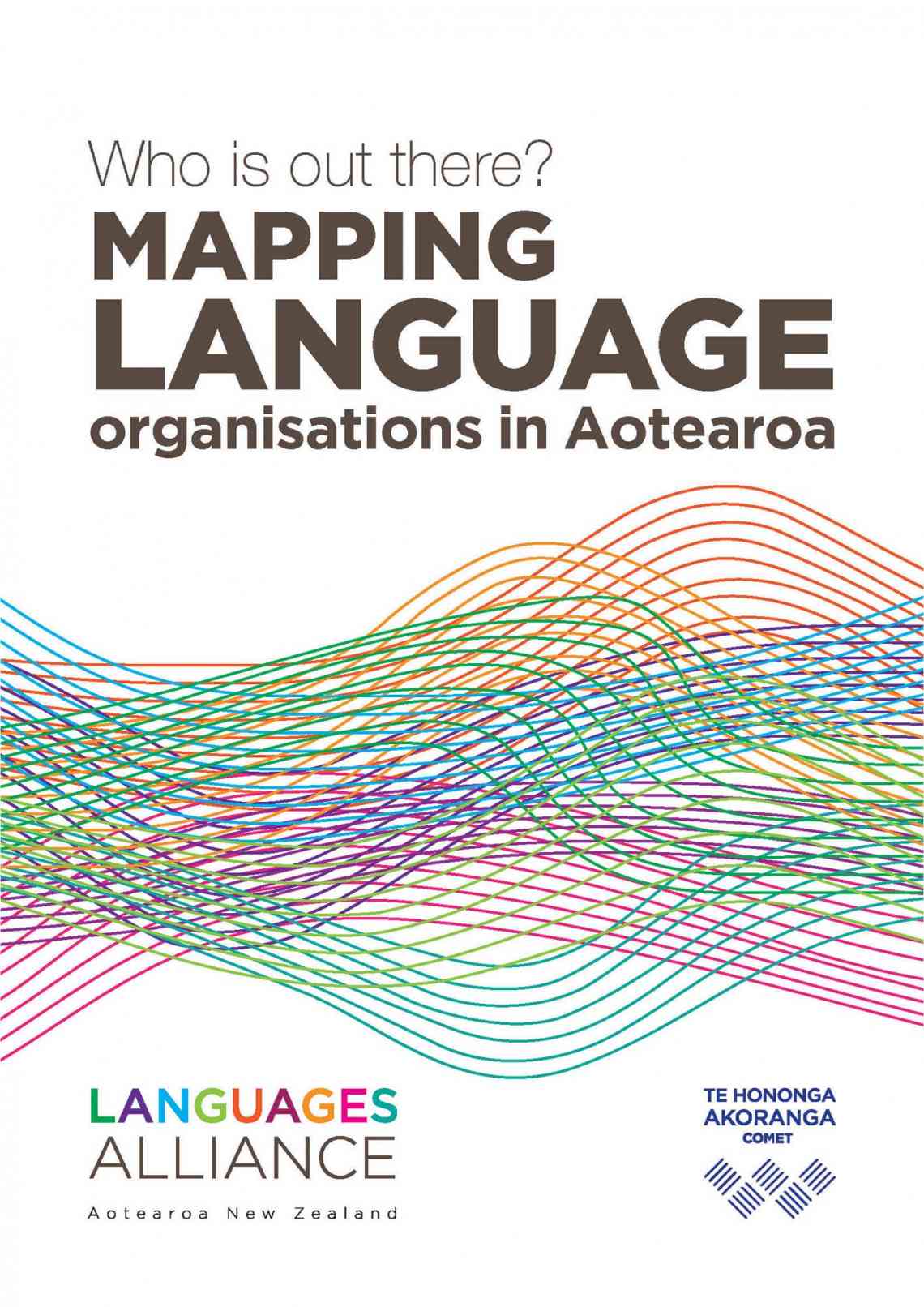Languages Alliance Aotearoa NZ


The Languages Alliance Aotearoa NZ is an unaffiliated working group drawing on expertise and interest in the status and use of languages in Aotearoa NZ — and in Tāmaki Makaurau Auckland in particular. The group is convened by Te Hononga Akoranga COMET and includes members from a wide range of language-related organisations.
For more information, please visit www.languagesalliancenz.org
LATEST PUBLICATION #
The Languages Alliance Aotearoa NZ are pleased to share their latest report, Who is out there? Mapping Language organisations in Aotearoa. You can download the report in soft copy for free here.
You can also order a hard copy (NZ$35 + GST and postage / handling) by emailing admin@cometauckland.org.nz
The report is the result of four years of work by a team of mostly volunteers. The work included an extensive internet search, an online survey and consultation to gain a picture of the language sector in Aotearoa NZ. This research aimed to understand:
- the size and breadth of Aotearoa NZ's language sector
- how accessible the language services are in Aotearoa NZ
- how language services in Aotearoa NZ are supported
The Languages Alliance Aotearoa NZ team hope what they've found will help people working in the language sector feel less alone as well as provide them with information to support their work.
The report will also be useful for anyone who makes decisions about education, health, social services and the many other areas of life where language diversity is relevant.
